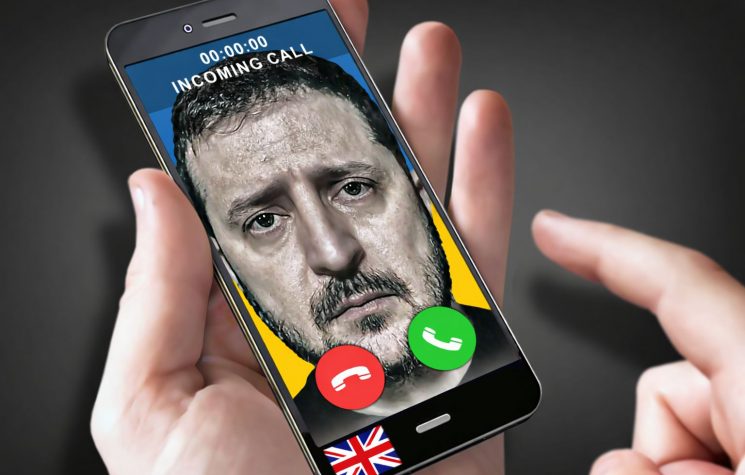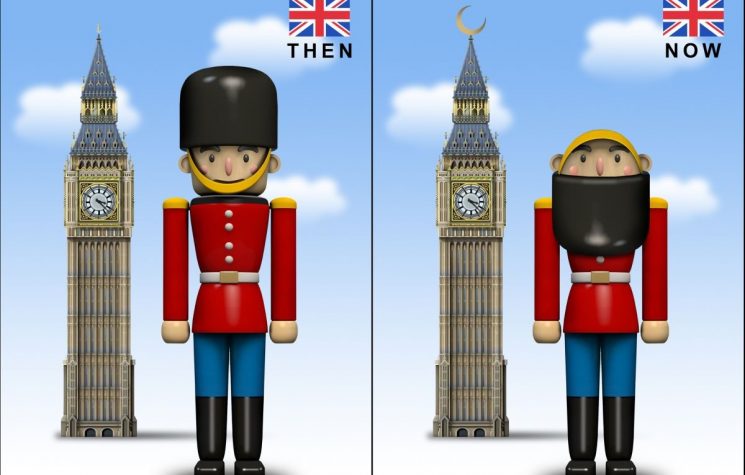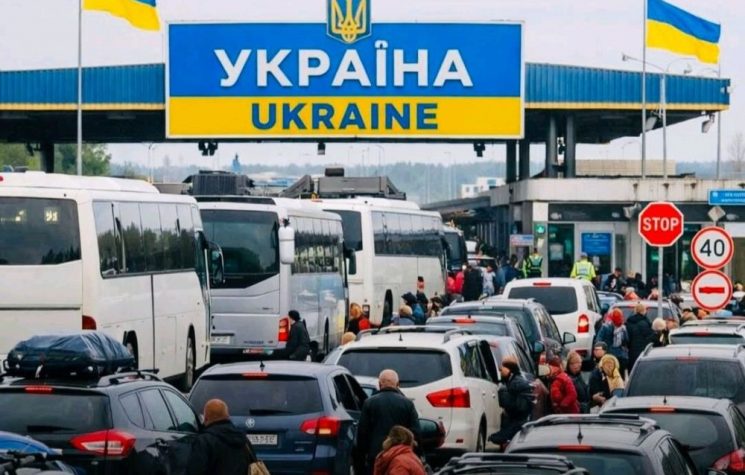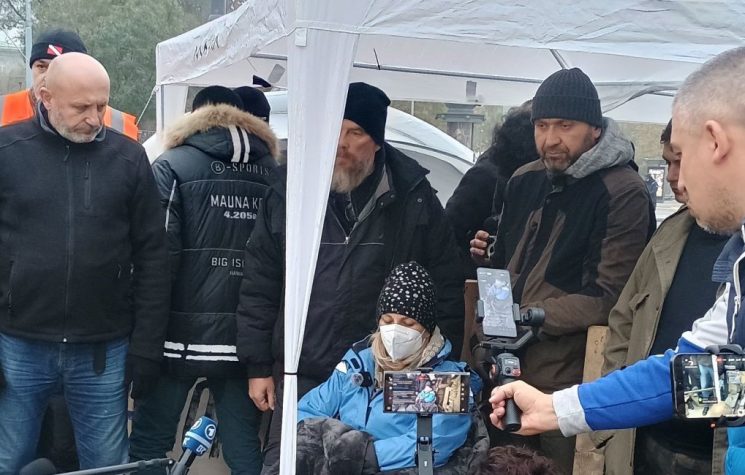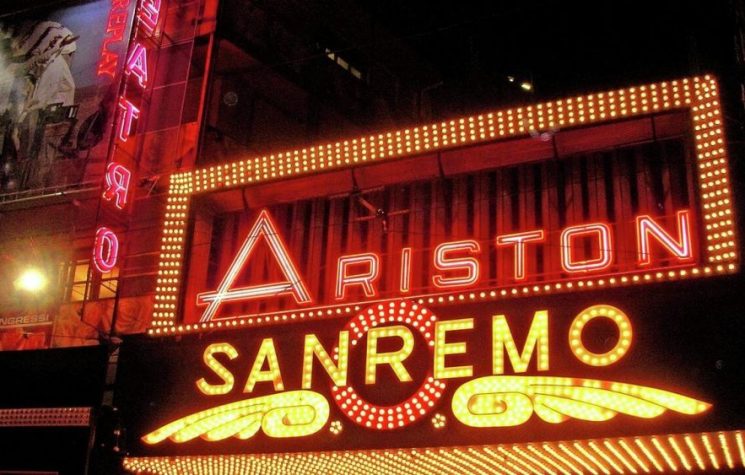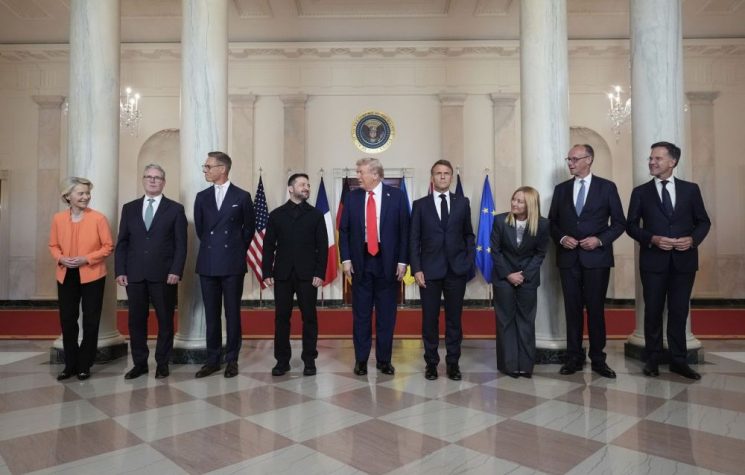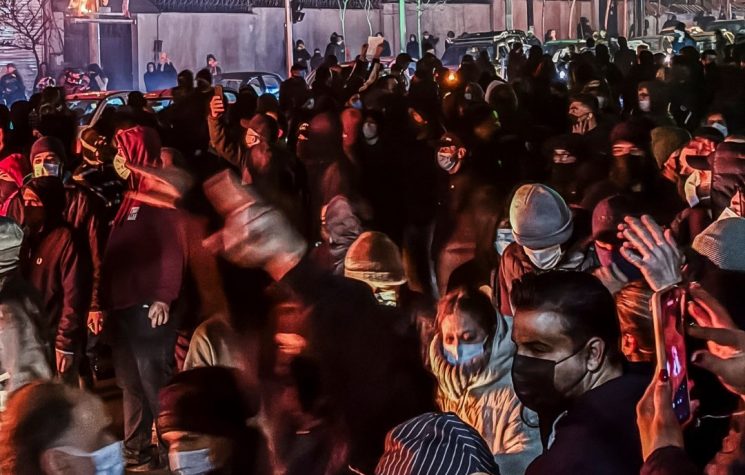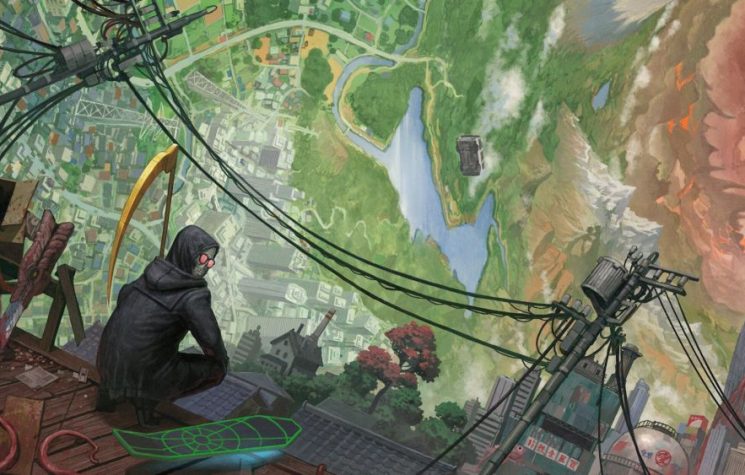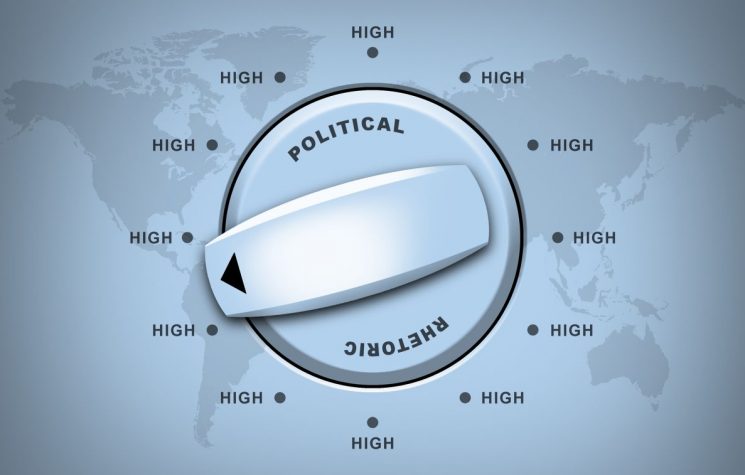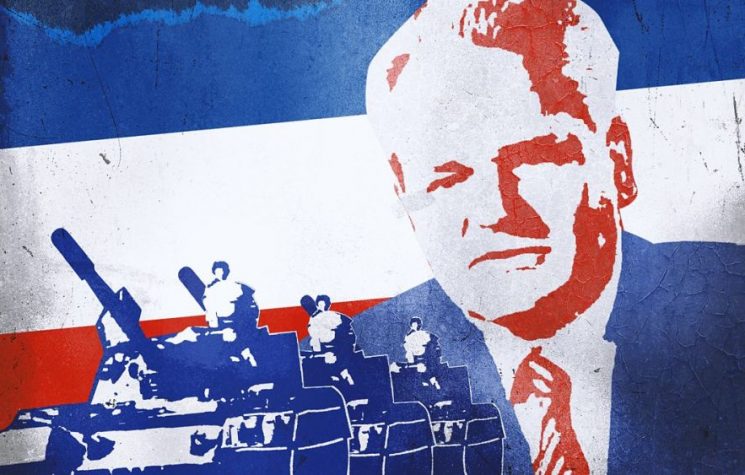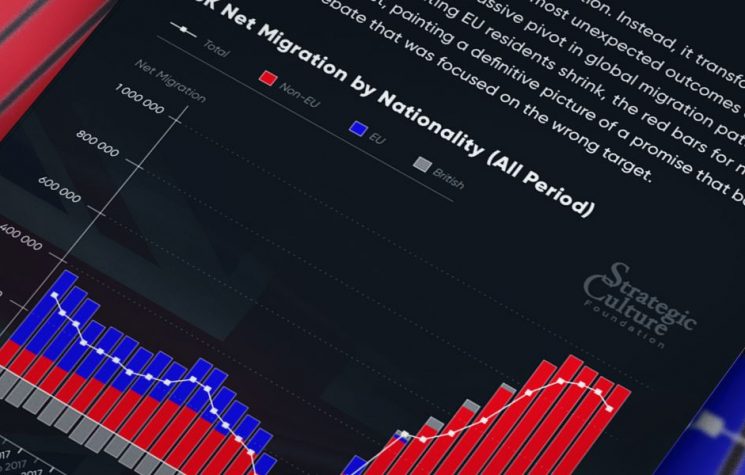It’s not migrants versus natives. It’s not left versus right. It’s us versus the overlords who see liberty as an inconvenient bug in their software.
Join us on Telegram![]() , Twitter
, Twitter![]() , and VK
, and VK![]() .
.
Contact us: info@strategic-culture.su
If Orwell and Huxley had a lovechild, it would look a lot like the British state in 2025. A bloated managerial technocracy that doesn’t just mismanage crises—it manufactures them, cranks up the media foghorn to blast panic into every living room, and then benevolently offers a solution so draconian you’d have slapped your own granny for predicting it a decade ago. It’s not government; it’s theatre. Problem, reaction, solution — Hegelian dialectic with a British accent, served lukewarm with a side of baked beans.
The set piece of the moment is the so-called “migrant crisis”. Turn on the telly, and it’s wall-to-wall rubber dinghies splashing into Dover, hotel lobbies crammed with “illegals”, and vox pops of angry locals shaking their fists. Sky News screams panic, the Daily Mail serves it with a froth of outrage, and even the BBC dutifully plays its part in this pantomime. Yes, more than 28,000 small-boat arrivals have come this year, and yes, over 32,000 asylum seekers are parked in more than 200 hotels across Britain. Those figures are real. But the framing? That’s scripted. The “crisis” isn’t some bolt from the blue — it’s curated, broadcast, and whipped into a frenzy on purpose.
And here’s the sad truth: the government isn’t fixing it because chaos is the point. Processing asylum applications could be streamlined. Border resources could be strengthened. Agreements could be made with France. But no. Instead, ministers shuffle papers, announce half-measures, and let the pot boil over. The migrant becomes the bogeyman, the media plays Greek chorus, and the public starts chanting the chorus line: ‘Something must be done.’ Enter stage left: digital ID.
Yes, ladies and gentlemen, the BritCard. Keir Starmer’s Labour is floating the idea of a shiny new biometric ID card — a master key to prove you belong here, work here, and rent here. The costs? A neat £400 million to set up, £5–10 million a year to run. The sales pitch? Efficiency, fairness, security. The reality? A centralised, programmable pass that turns rights into privileges. A digital leash. The migrant crisis isn’t the disease. It’s the marketing campaign for the cure.
And if you think the crisis ends with migrants, I’ve got a bridge to Dover to sell you. Once the system is in place, its remit can expand faster than your uncle’s waistline at Christmas. First, it’s to check work permits. Then landlords. Then NHS access. Then bank accounts. Finally, every human interaction will begin with “Scan your app, please.” Digital ID is not a passport or a driver’s licence — those are static, limited documents. This is a live-updating, permission-granting system. It’s not a card. It’s a kill switch.
But to make the public beg for it, fear has to be cultivated. Cue the “Unite the Kingdom” rally — Tommy Robinson’s little cosplay-fascist jamboree that turned London into a beer-soaked EDL (once listed by Companies House as the English and Jewish Defence League) street party. Over 100,000 people marching, shouting about invasion, draped in flags like extras from a Poundland remake of 300. It got ugly, of course — skirmishes with police, counter-protests, and violence splashed across the evening news. And voila! A perfect excuse for the government to look solemn on camera and say, “We must restore order.” Order, conveniently, through tighter controls and shiny digital shackles.
And don’t kid yourself that it’s all organic. Robinson’s campaigns are bankrolled by deep-pocketed donors from abroad, including pro-Israel and stauch Zionists. People like Robert Shillman and Nina Rosenwald — philanthropists with a penchant for funding culture wars — have popped up in investigations. Money fuels outrage, outrage fuels division, and division fuels authoritarian solutions. The migrant crisis isn’t just a political headache. It’s a business model.
If this all feels familiar, it’s because the script has been used before. After 9/11, we got the Patriot Act and the surveillance state. After the 2008 crash, banks were bailed out and austerity cemented. After COVID, we got “emergency” censorship powers and QR-coded health passes. Every time, the cycle repeats: create or inflate a crisis, amplify panic, then roll out permanent “solutions” that were sitting in the dictators’ toolkit all along.
And now, with digital ID, the danger is amplified by technology. Today, you can be de-banked or de-platformed quietly, case by case. Tomorrow, a universal ID lets those punishments be automated, instantaneous, and inescapable. Make the wrong joke, share the wrong article, or fail the algorithm’s vibe check, and suddenly your card doesn’t scan at Tesco, your rail ticket won’t load, and your landlord can’t approve your tenancy. Rights turned into toggles on a dashboard.
Think it’s paranoid? Ask Graham Linehan. The man who wrote Father Ted and The IT Crowd returned from Arizona recently to find five armed officers waiting at Heathrow. His crime? Past tweets about trans issues. Offensive to some? Absolutely. A prosecutable terrorist threat? Don’t make me laugh. But that didn’t stop the state from treating him like a flight-risk jihadi, locking him in a cell, hospitalising him from the stress, and banning him from speaking online. That’s not law enforcement; that’s thought policing. And in a future of digital ID, the leap from arrest to automated punishment is a software update, not a legal debate.
Because let’s be blunt: once a digital ID is tied to your bank account, your phone, your job and your healthcare, the state no longer needs to physically arrest you. They just flick the switch. No court, no jury, just a frozen account and a dead QR code. That’s why the BritCard isn’t a passport 2.0. It’s controlled “freedom” on a conditional plan, renewable monthly.
And it all works because of the oldest trick in the book: divide and conquer. They shake the jar, and the ants fight each other. Migrants versus natives, left versus right, working class versus welfare claimants. While the public tears itself apart in the streets, the real thieves are upstairs syphoning off power, rights and wealth. The jar isn’t the problem. The hand shaking it is.
So what do we do? First, stop falling for the pantomime. Yes, migration policy is broken. Yes, communities are strained. But the answer is not handing your biometric data to the same clowns who created the mess. The answer is demanding real fixes: efficient asylum processing, humane law enforcement, and international cooperation that doesn’t reduce human beings to props in a propaganda campaign. Second, resist the framing. A digital ID isn’t about “security” any more than austerity was about “responsibility”. It’s about control. Always has been, always will be.
And finally, recognise the pattern. The only reason the trick works is because people forget they’ve seen it before. But once you’ve spotted it, you can’t unsee it. The fires are lit on purpose. The water they sell you is poisoned. And the only way to stop playing is to stop fighting each other and start fighting the ones who keep shaking the jar.
It’s not migrants versus natives. It’s not left versus right. It’s us versus the overlords who see liberty as an inconvenient bug in their software. So next time the news screams “crisis”, remember: the crisis is the product, and the solution is the scam. Stop buying. Stop begging. And for the love of freedom, stop scanning.










